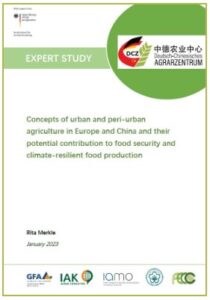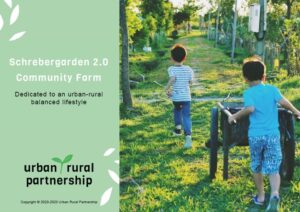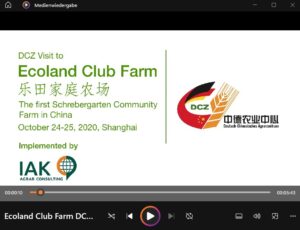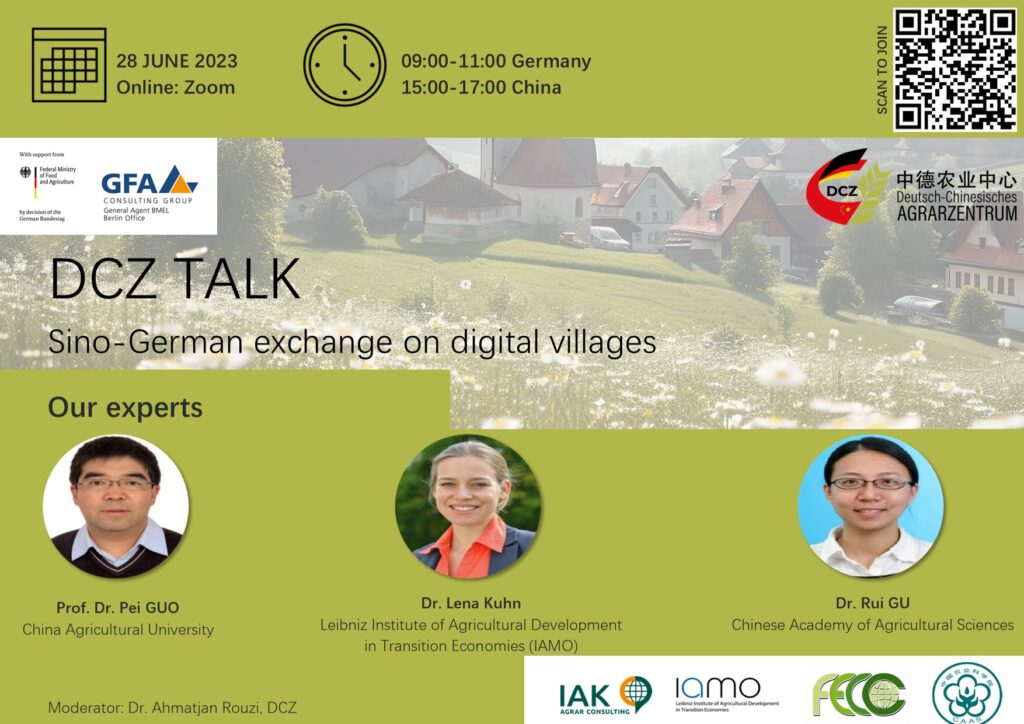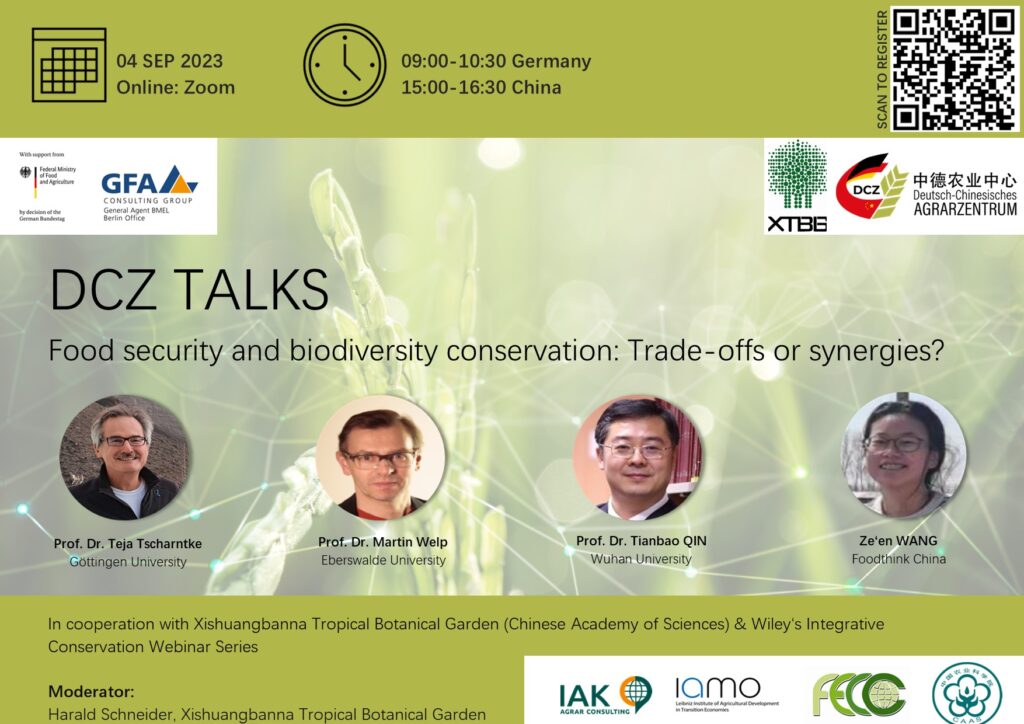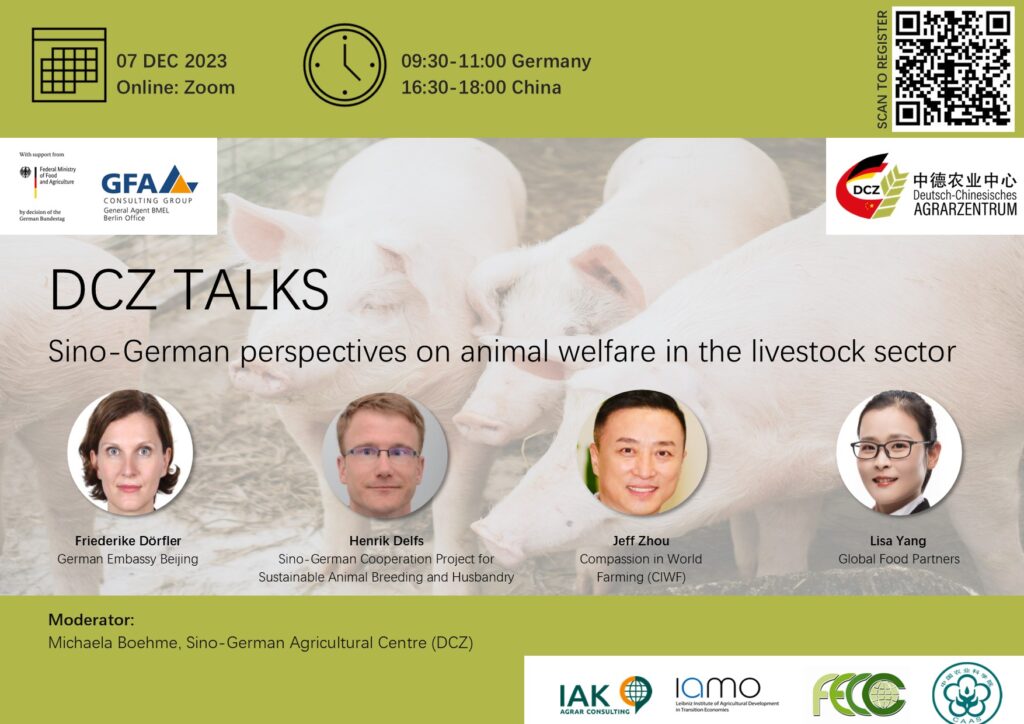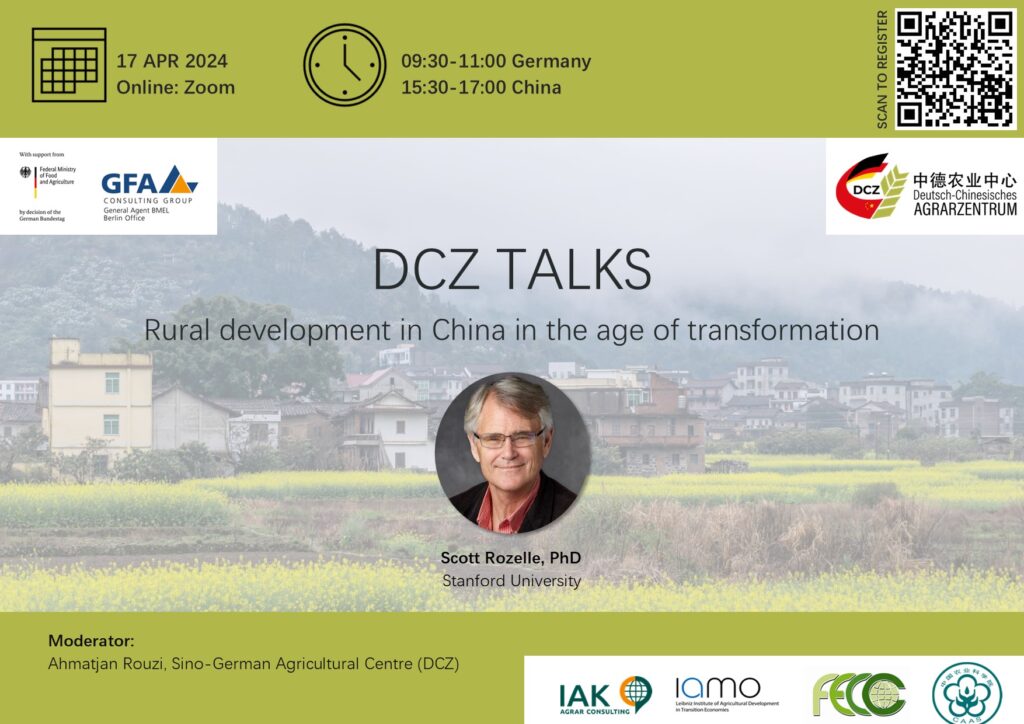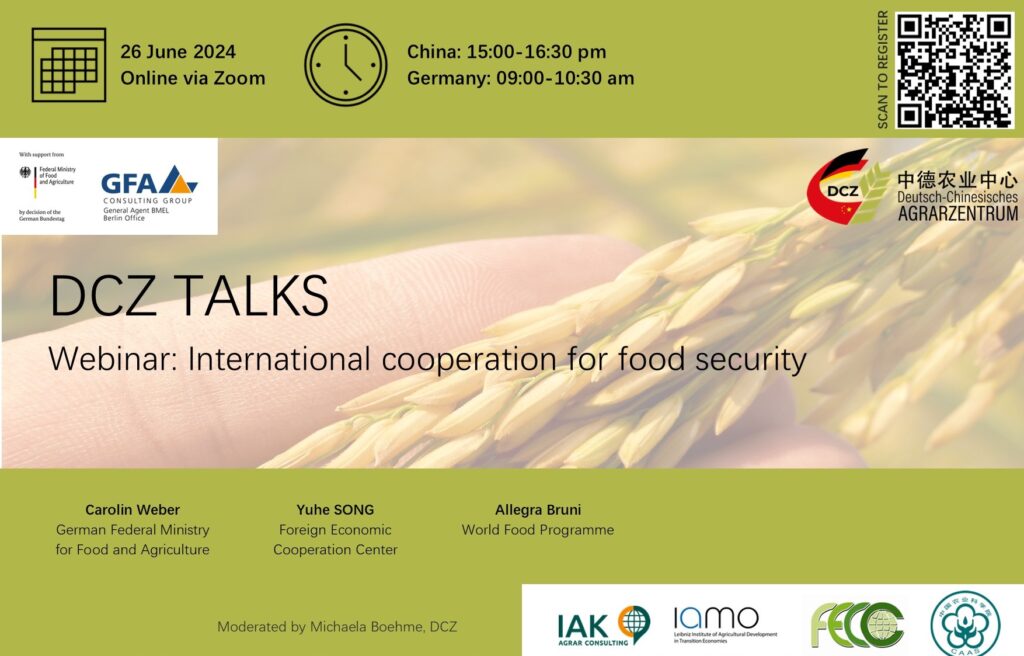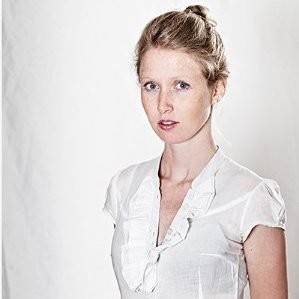In recent years, interest in urban agriculture has soared. Today, 55% of the world’s population live in cities, with urbanization rates projected to reach 80% in China and 84% in Germany by 2050. While 70% of all food produced is designated for consumption in cities, urban spaces themselves only produce about 15-20% of the world’s food supply. In cities like Shanghai, for example, 70% of all fresh vegetables come from outside the city. Against this background, urban agriculture is seen as an important strategy that could help feed our growing cities and make urban food systems more resilient and sustainable.
To discuss the opportunities and challenges of growing food in and around cities, on 23 March 2023, the DCZ hosted a webinar on urban agriculture with experts from Germany and China.
Dr. Rita Merkle, cluster manager for sustainable and innovative urban agriculture at the International Urban and Regional Cooperation Program (IURCP), started the discussion with a presentation of her study Concepts of Urban and Peri-Urban Agriculture in Europe and China and their Potential Contribution to Food Security and Climate-Resilient Food Production, prepared on behalf of the DCZ (download here). Dr. Merkle highlighted how the multiple goals and functions of urban agriculture have presented a challenge to the development of a coherent typology and research landscape. While a vast range of projects related to urban agriculture have been receiving funding under the Horizon 2020 and Horizon Europe programs of the European Union, the research landscape in Germany remains scattered. Despite the enormous potential of urban agriculture, many knowledge gaps remain, for example in regard to sustainable energy supply, land use strategies, and the interconnections between food production and urban and ecological goals.
In the following presentation, Dr. Shulang Fei from the Institute of Urban Agriculture (IUA) at the Chinese Academy of Agricultural Sciences (CAAS) gave an overview how research at IUA supports the city of Chengdu in designing urban agriculture strategies. Dr. Fei presented a comparative study on lessons learned from the COVID-19 pandemic, climate change, and other stresses, evaluating the capacities of urban food systems to respond to outside shocks. In the case of Chengdu, strengthening farm-to-fork supply chains and promoting integrated urban-rural development by connecting parks and farmland spaces around the city are amongst the key measures taken to increase the resilience of urban food systems.
Last but not least, Prof. Katrin Bohn from the University of Brighton introduced the concept of Continuous Productive Urban Landscapes (CPUL) that she developed in her work as architect and urban planner. Prof. Bohn stressed the need to think of urban food production as a form of infrastructure that is integral to urban planning—similar to roads, energy, or water management. Making reference to a number of urban agriculture projects in cities across Europe, she highlighted not only the visual quality but also the multifunctional nature of urban agriculture, simultaneously satisfying food, social, ecological, as well as cultural needs of city dwellers. Positioned at the intersection of food production and city planning, the field of urban agriculture has remained hard to institutionalize so far, but its importance is now widely recognized by city governments, Prof. Bohn highlighted in her talk.
The webinar was the first event in our new series DCZ TALKS—a format aimed at bringing together experts and the broader public in Germany and China to discuss key issues of interest to Sino-German agricultural cooperation. The webinar was opened by Dr. Jürgen Ritter, Managing Director of the German team at the DCZ, and moderated by Dr. Eva Sternfeld, Head of Scientific Dialogue at the DCZ.




